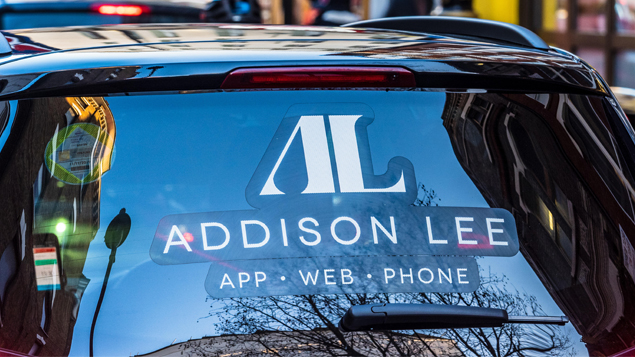Another blow for the gig economy as the Employment Appeal Tribunal (“EAT”) dismisses appeal and deems Addison Lee cycle couriers WORKERS.
Although not surprising, given the Uber judgment, the EAT has rejected Addison Lee’s appeal and decided that Addison Lee cycle couriers ARE workers.
Whether individuals are workers or employees has been a hot topic of discussion over the last couple of years. If individuals are workers, as opposed to being genuine self-employed contractors, they have greater employment rights and are entitled to receive things like national minimum wage and holiday pay.
Factors that were considered are:
- Addison Lee cycle couriers are allocated jobs when they log onto the Addison Lee app. However, if Addison Lee couriers did not accept a job or refused a job, there was no obvious punishment, as there is for Uber drivers, but there was also no option within the app to reject a job;
- The only option available for a courier to reject a job is to contact the ‘controller’ but couriers can only do this in exceptional The EAT held that this is not a material difference, because the couriers were expected to carry out jobs;
- The contract with the Addison Lee cycle couriers explicitly stated that there is no obligation for the individuals to provide services to Addison Lee or any customer or for a minimum number of hours per day/month/year. It also went on to state that there is no obligation on Addison Lee to provide the individuals with a minimum amount, or any, work at all; and
- Addison Lee cycle couriers do not have the right of substitution.
On appeal, Addison Lee’s main arguments were:
- Its couriers were under no legal obligation to work. They said couriers could log on or off as/when they wanted to and decide whether or not to accept jobs. They did say there was “gentle pressure” to accept jobs but that there was no obligation to accept. The EAT decided that when an individual was logged on to the app, there was “mutuality of obligation” i.e., a contractual obligation for Addison Lee to offer work and for the individual to accept it;
- Couriers could obtain their own insurance as opposed to using the group insurance;
- Couriers could wait in a particular place for jobs for their own convenience as opposed to being obliged to; and
- Couriers could take any route they wanted to as opposed to a prescribed one.
- The EAT decided that these factors did not determine that a courier was genuinely self-employed.
Things to think about:
Each case is different and decided on its own facts, and the court will take various different factors into consideration such as the detail of the arrangement and the reality of the situation in order to decide whether an individual is an employee, worker or genuinely self-employed.
The Employment Tribunal (ET) found that the reality of the situation was very different to what was being described and, in fact, the couriers did meet the test for worker status and were entitled to holiday pay as a result.
Had the couriers had a genuine right of substitution, we believe this would have carried substantial weight when determining whether the couriers were genuinely self-employed or not. Also, the EAT’s approach to mutuality of obligation in this case went further than the approach taken in the Uber case where it was found that there were express penalties for drivers failing to accept a sufficient amount of work and, more specifically, that an Uber driver’s ‘account status’ would be lost if they failed to accept 80% of the journeys offered. On the contrary, in the Addison Lee case, there was merely an understanding that in practice the courier would carry out work offered when logged on – even though there was no real punishment for failing to do so and they couldn’t reject jobs easily.


